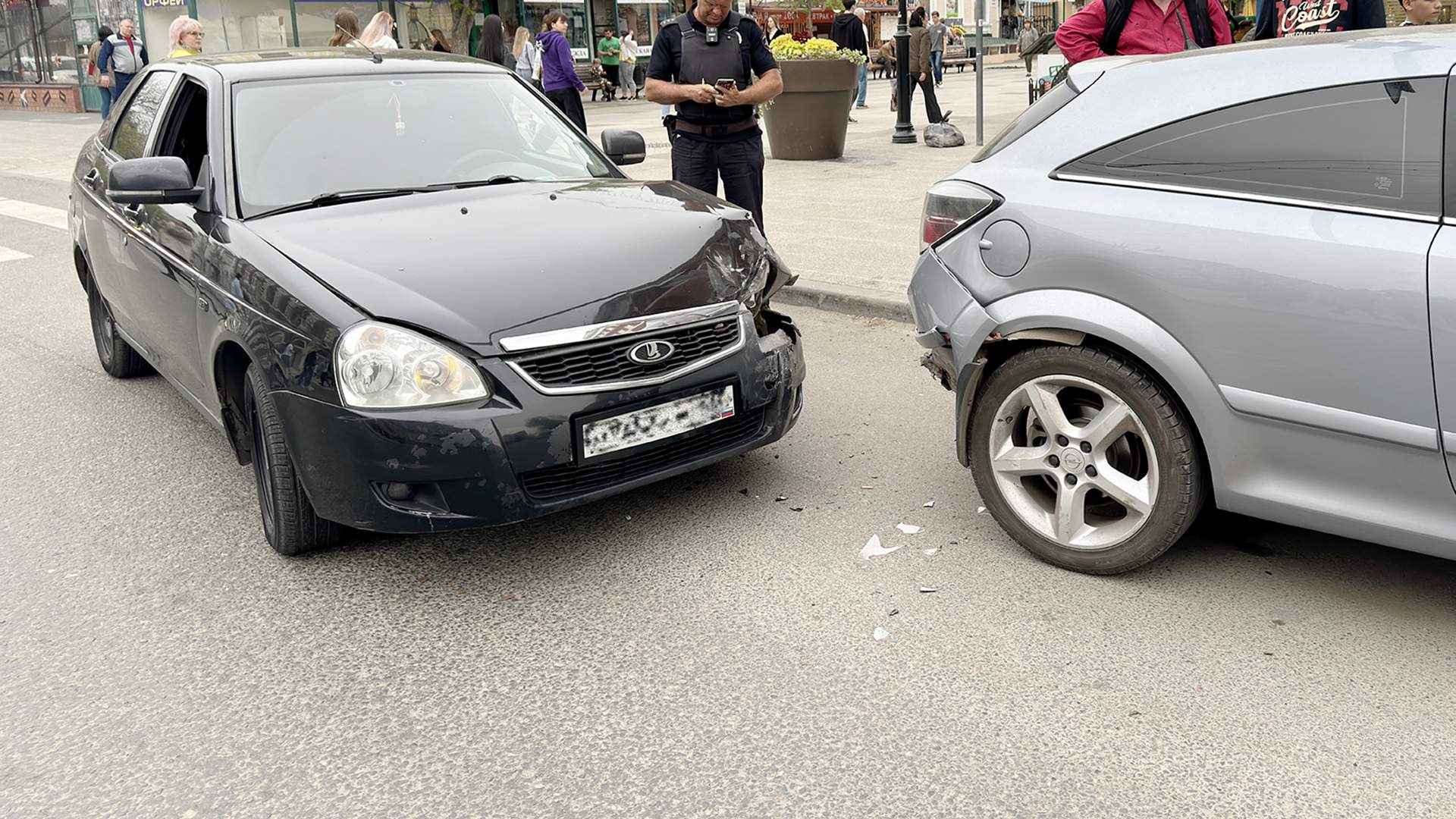Walking around: the perpetrators of an accident may be banned from driving a vehicle

The perpetrators of an accident may be prohibited from driving until full compensation for damage to those injured in an accident. The relevant bill has been submitted to the State Duma for consideration. Lawyers and experts have mixed opinions about this initiative. The details are in the Izvestia article.
Before the debt is paid
Amendments to the law "On Enforcement Proceedings" have been submitted to the State Duma for consideration, providing for an expansion of the list of grounds for temporarily restricting the validity of a driver's license. The document is posted in the legislative support system of the lower house of Parliament. The amendments relate to art. 67.1, according to which such a measure is currently in effect for non-payers of alimony, debtors for compensation for damage caused to health, damage due to the death of the breadwinner, property damage and (or) moral damage caused by a crime, and a number of other grounds.
It is also proposed to include "property damage caused as a result of a traffic accident" in this list. According to the text of the draft law, such a measure can be applied to the perpetrator of a car accident only "if the amount owed under the executive document (executive documents) on compensation for property damage caused as a result of a traffic accident does not exceed 100,000 rubles."
Eliminate the gap
The authors of the bill note that it eliminates a gap in current legislation that prevents the use of coercive measures in the form of temporary restrictions on the right to drive a vehicle to debtors who have not complied with a court decision on compensation for damage caused by an accident.
"In practice, the culprit of an accident, who continues to evade the execution of a court decision, retains the ability to drive a vehicle and does not face real restrictions. This is especially true for drivers from among migrants and socially disadvantaged groups. Such persons are characterized by the absence of registered property, official income and bank accounts, which makes the available recovery tools ineffective. It is common for them to use other people's bank cards, rent vehicles, or register them with third parties in order to evade civil liability. Drivers from this category deliberately do not apply for a CTP policy, despite its mandatory nature, thereby initially shifting the burden of possible damage onto the shoulders of the victims," the explanatory note to the document says.
The authors of the amendments note that restricting the right to drive a vehicle can be an effective way to enforce a court decision, and that this measure is "an adequate, proportionate and necessary measure to protect the interests of affected citizens. At the same time, the proposed damage limit of 100 thousand rubles will limit its use in case of minor accidents.
Raise the bar
Temporary restriction of the right to manage vehicles is a truly effective measure of influence on debtors, in respect of whom they are applied in accordance with current legislation, recognizes the lawyer of the Freedom of Choice movement Sergey Radko. However, he considers the expansion of the peppermint grounds for its use to be excessive.
— If someone scratches a car for hooligan reasons, breaks the glass on it, tears off the mirror, he will not fall under this supposed norm, even if he has a license, since this is not an accident. Although the damage to the car is still done. By the same principle, it is possible to limit the validity of a driver's license for those who flooded someone else's apartment or those whose fault the neighbor's cottage burned down, " he told Izvestia.
The lawyer also considers the proposed level of 100 thousand rubles to be too low in the current conditions. In his opinion, taking into account the sharply increased cost of spare parts, it should be increased at least twice. Otherwise, there is a high probability that even in a minor accident involving a relatively expensive car, the culprit of the collision risks being left without a license for some time, Sergei Radko notes.
The lawyer recalled that, according to current legislation, a restriction on the validity of a driver's license cannot be applied if such a restriction deprives the debtor of his main source of livelihood. In addition, such a measure is not possible for people living in hard-to-reach areas, if a vehicle is the only way for them to move, as well as for people with disabilities and persons who depend on people with disabilities of groups I and II or a disabled child.
Excluding hardware
Valery Soldunov, a member of the Civic Chamber of the Russian Federation and chairman of the All-Russian Society of Motorists, considers this measure effective. However, he calls its possible use against the perpetrators of the accident a "double-edged sword."
— On the one hand, it will certainly protect the interests of those injured in accidents and force the perpetrators to compensate for the damage faster. On the other hand, to a certain extent, the rights of drivers are being infringed, even if they are the perpetrators of an accident," he told Izvestia.
According to Valery Soldunov, it would be more logical and fair to extend such a measure only to those responsible for accidents in which there are victims, and to abandon it in cases where only a car or other property was damaged in an accident.
Igor Morzharetto, a member of the Presidium of the Public Council under the Ministry of Internal Affairs of the Russian Federation, is categorically against the initiative of parliamentarians. According to him, this proposal is an attempt to shift the tasks and functions of the state onto citizens.
"This problem needs to be solved not by bans, but by improving the work of bailiffs," he told Izvestia.
Переведено сервисом «Яндекс Переводчик»
